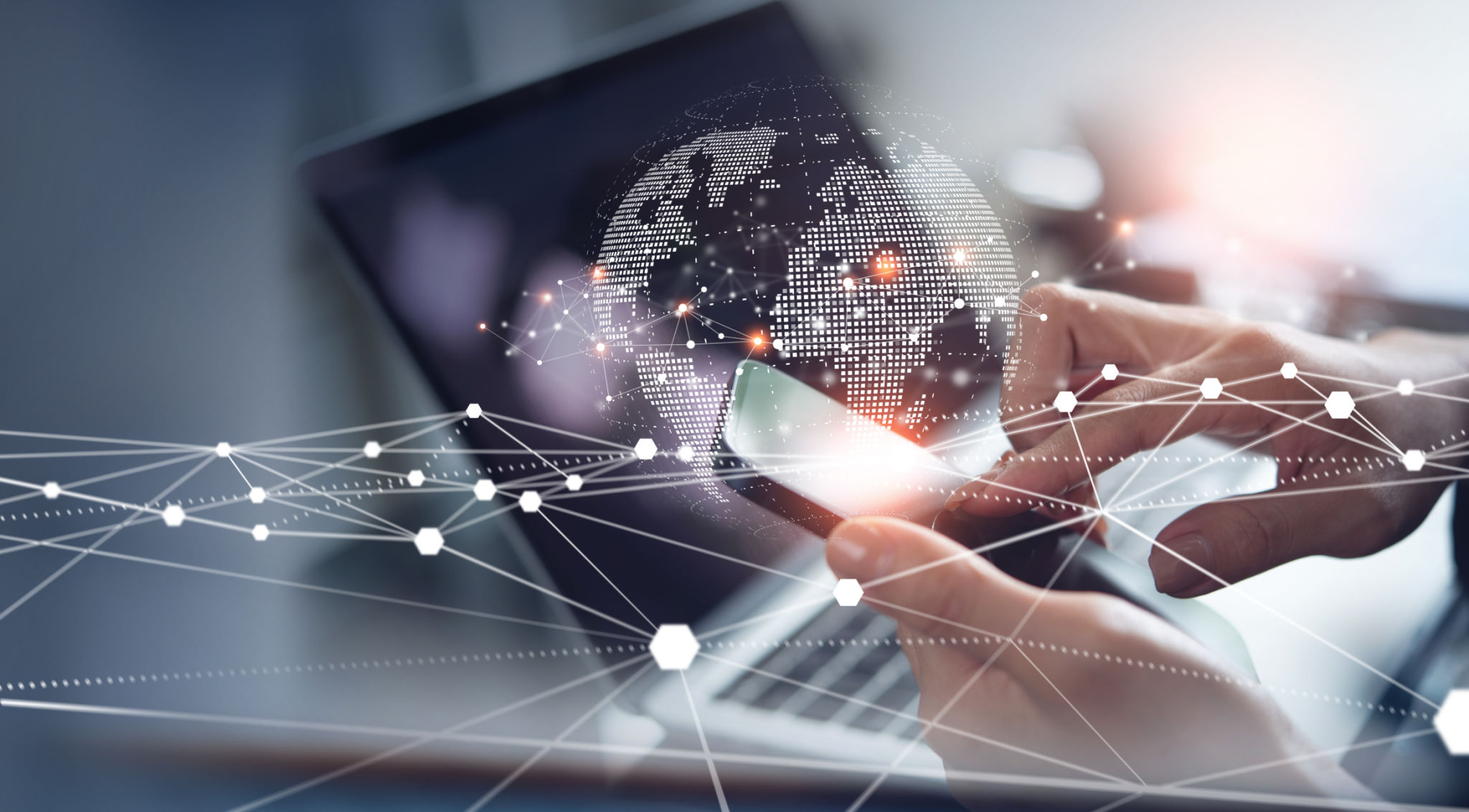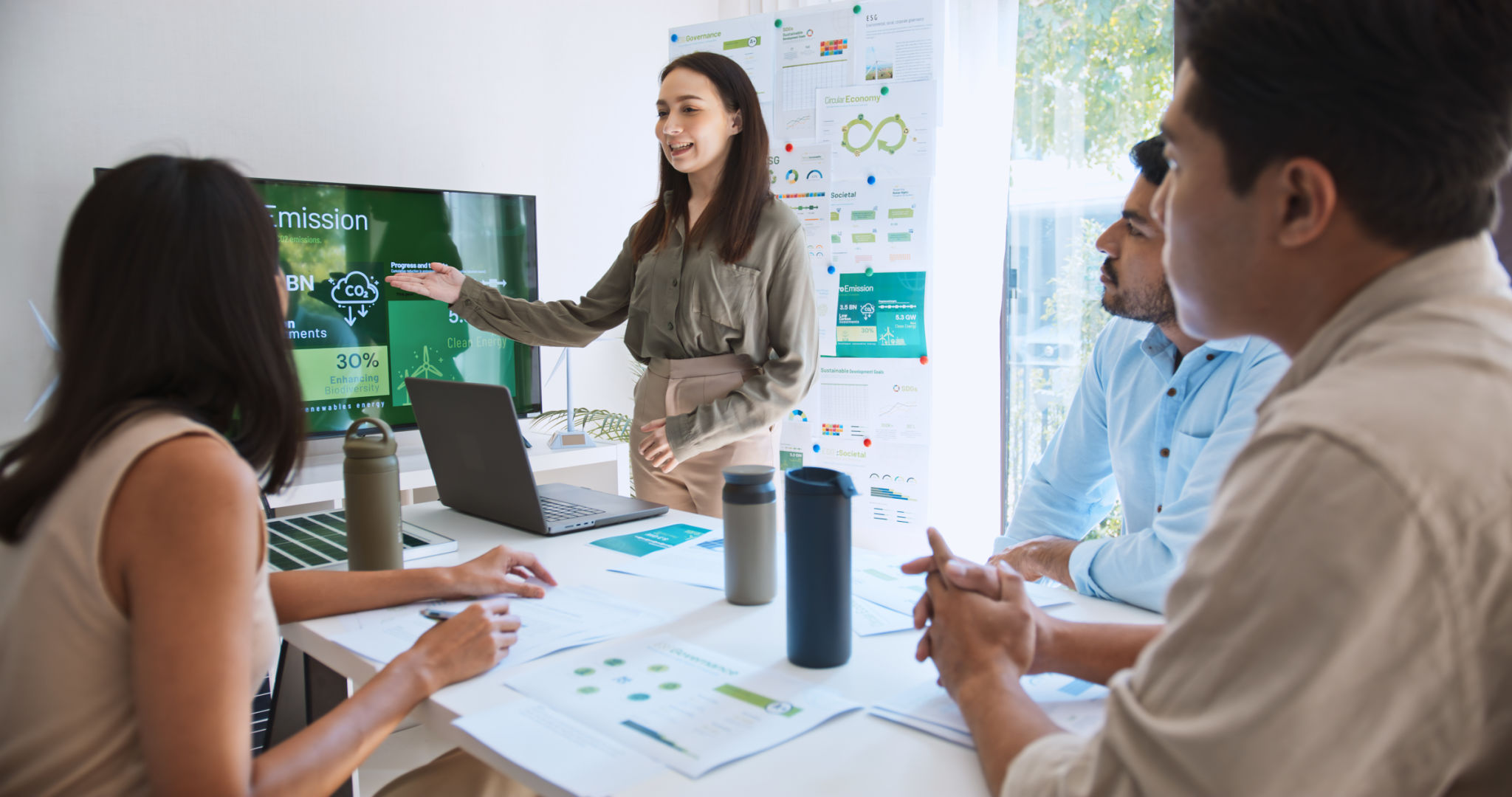Comprehensive Guide to Sustainable Economics: Building a Greener Future
Understanding Sustainable Economics
Sustainable economics is an evolving field focused on balancing economic growth with environmental protection and social equity. It emphasizes the idea that economic systems should support the planet's health and well-being for future generations. By integrating environmental factors into economic decision-making, sustainable economics aims to create a framework that promotes long-term prosperity.

The Principles of Sustainable Economics
At the heart of sustainable economics are several key principles. Firstly, it acknowledges the limits of natural resources and the necessity of their prudent use. Secondly, it promotes social inclusion, ensuring that economic benefits are equitably distributed across society. Lastly, it encourages innovation and technological advancement to develop eco-friendly solutions and practices.
These principles guide businesses and governments in crafting policies that foster a sustainable future. By prioritizing renewable resources and reducing carbon footprints, sustainable economics strives to mitigate climate change effects and preserve biodiversity.

Strategies for Implementing Sustainable Economic Practices
Implementing sustainable economic practices requires a multi-faceted approach. Governments can introduce incentives such as tax breaks for green businesses or invest in public transportation to reduce pollution. Meanwhile, companies can adopt circular economy models that minimize waste by reusing materials.
- Encouraging sustainable agriculture practices.
- Promoting energy efficiency in industries.
- Investing in renewable energy sources like solar and wind.

The Role of Technology in Sustainable Economics
Technology plays a crucial role in advancing sustainable economics. Innovations such as smart grids, electric vehicles, and energy-efficient appliances are transforming how we consume resources. These technologies not only reduce environmental impact but also offer economic opportunities by creating new markets and jobs.
Moreover, digital platforms enable better resource management by providing data insights that help optimize production processes and reduce waste. As technology continues to evolve, its potential to drive sustainable development becomes increasingly significant.

Challenges and Opportunities
Despite the potential benefits, transitioning to a sustainable economy presents challenges. Resistance from established industries, the initial cost of green technologies, and the need for global cooperation are significant hurdles. However, these challenges also present opportunities for innovation and collaboration.
By fostering public-private partnerships and engaging communities in sustainability initiatives, we can overcome these obstacles. Education and awareness campaigns are also vital in shifting consumer behavior towards more sustainable choices.

The Future of Sustainable Economics
The future of sustainable economics looks promising as more countries commit to sustainability goals. International agreements such as the Paris Agreement highlight a global recognition of the need for sustainable development. As policies and technologies continue to evolve, the journey towards a greener future gains momentum.
Sustainable economics is not just an ideal but a practical necessity for a thriving future. By embracing its principles and strategies, we can build resilient economies that prioritize both people and the planet.
